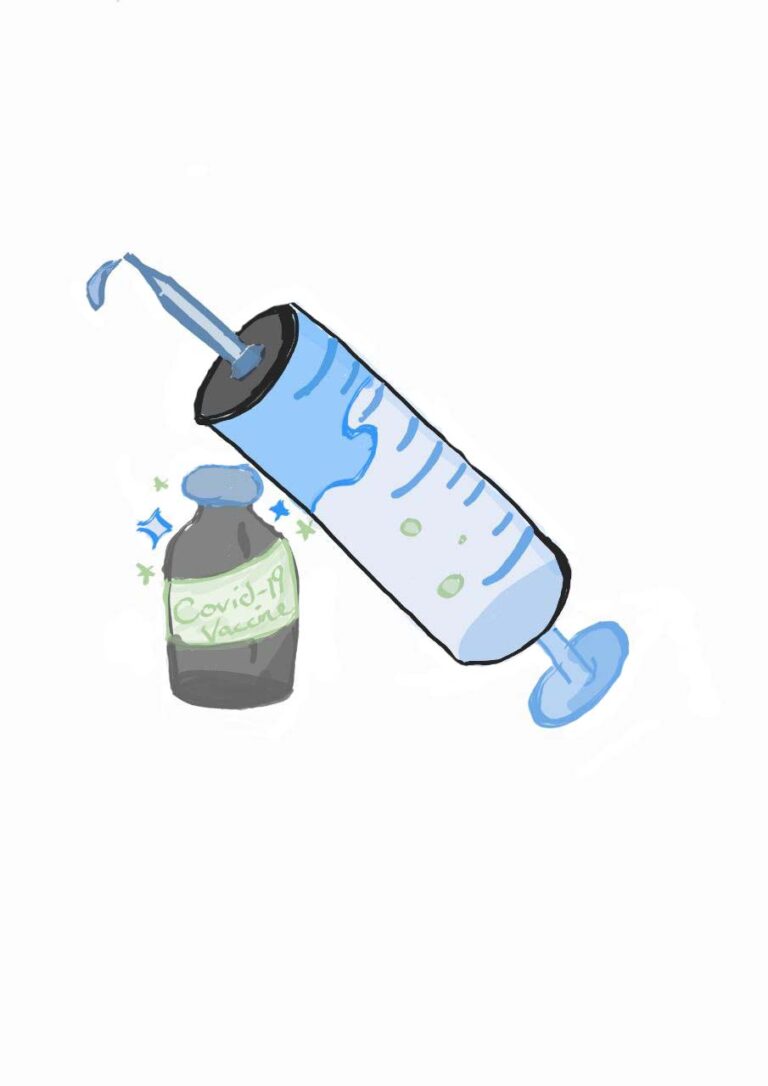About a month ago, wastewater tests showed that Waterloo Region had COVID-19 infection numbers approaching those during the pandemic’s peak Omicron levels two years ago.
In the last 90 days (about 3 months), the Region of Waterloo has seen 31 hospitalizations and eight ICU admittances due to COVID-19. In the week of January 19th alone, 4 citizens of the region died because of COVID-19 infections.
This data is coupled with low vaccination rates for the most recent booster. In December 2023, the national rate for accepting the most recent booster was about 15 per cent, but Waterloo Region has an even lower rate of about 11 per cent. These numbers are far below the public health recommendation of 71 per cent.
The most recent booster protects against recent variants that previous dosages did not. In addition, even when vaccinated, resistance to severe cases diminishes over time without current vaccinations.
“The vaccination generates an immune response to the virus particles that are [contracted] and prevents the virus from causing severe disease among the individuals that are vaccinated,” said Dr. Zahid Butt, an assistant professor with the University of Waterloo who specializes in infectious disease research.
“You might get some symptoms of COVID-19, but will not get the severe signs and symptoms… that would lead you to end up in the hospital or the ICU,” he stated.
Butt said that one of the causes for the low booster rates, regionally and nationally, is vaccine fatigue since there have been four doses of the COVID-19 vaccine.
“I think what [people] feel is that they have had enough vaccinations,” Butt said. “The perception is that the pandemic is over and why should [people] go ahead and get the vaccination. The other perception [is that the] COVID-19 infection is less severe now”.
Though some data suggests that recent variants may be less severe on average, this is not always the case. In addition, about 7 per cent of Canadian adults currently live with long- –COVID, and each infection increases a person’s chance of contracting long -COVID.
Along with the booster, Butt recommends hand washing and masking to lower the spread of COVID-19.
“It’s part of our collective responsibility to not only protect ourselves, but also protect the community,” Butt said.
For more information on getting a COVID-19 booster shot visit the government on Ontario website.

